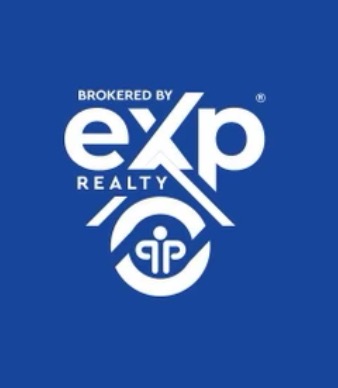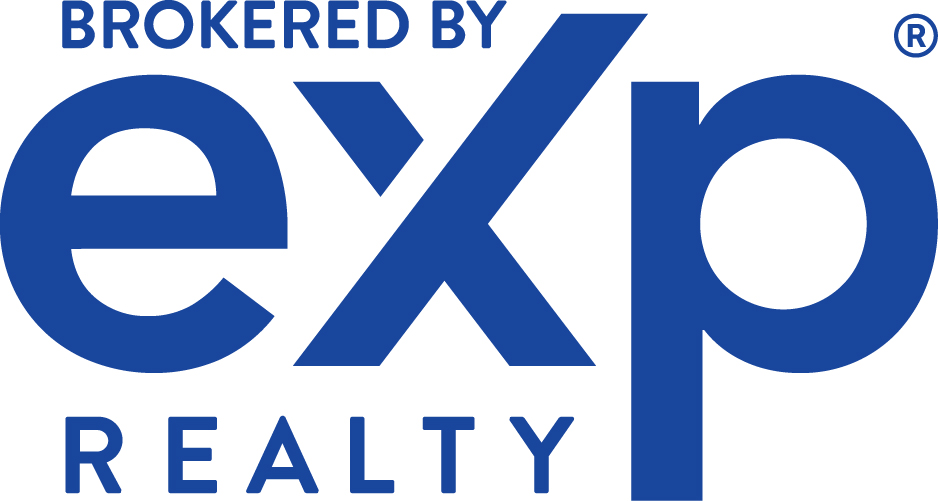When it comes to choosing the right mortgage, the decision can often feel overwhelming. Among the most critical choices is whether to go with a Fixed Rate Mortgage (FRM) or an Adjustable Rate Mortgage (ARM). Each option has its own set of advantages and potential drawbacks, and the best choice largely depends on your financial situation, future plans, and risk tolerance. Let’s explore the key differences between fixed and adjustable-rate mortgages and how to decide which one might be right for you.
Fixed Rate Mortgages (FRMs): Stability and Predictability A Fixed Rate Mortgage offers a stable interest rate for the entire term of the loan, typically 15, 20, or 30 years. This stability means that your monthly mortgage payment remains the same throughout the life of the loan, regardless of changes in market interest rates.
Advantages:
Predictable Payments: With an FRM, you know exactly what your monthly payment will be, making budgeting more manageable and providing financial peace of mind. Protection Against Rising Rates: If market interest rates increase, your fixed rate remains unchanged, protecting you from potential payment hikes. Long-Term Stability: This type of mortgage is ideal for homeowners who plan to stay in their home for a long period and prefer the security of a constant payment. Considerations:
Higher Initial Rates: Fixed rate mortgages often come with higher initial interest rates compared to ARMs. This means higher initial payments, which could be a drawback if you plan to move or refinance within a few years. Less Flexibility: If market rates drop significantly, you’re locked into your higher rate unless you refinance, which can involve additional costs. Adjustable Rate Mortgages (ARMs): Flexibility and Lower Initial Costs An Adjustable Rate Mortgage, on the other hand, offers an interest rate that is fixed for an initial period (such as 5, 7, or 10 years) and then adjusts periodically based on a specific index or benchmark. For example, a 5/1 ARM has a fixed rate for the first five years, after which the rate adjusts annually.
Advantages:
Lower Initial Rates: ARMs typically offer lower interest rates during the initial fixed period, which can result in lower initial monthly payments. Potential for Decreasing Rates: If market interest rates decline, your rate and payments could decrease after the adjustment period. Short-Term Flexibility: An ARM can be a good choice if you plan to sell the home or refinance before the adjustable period begins. Considerations:
Rate Uncertainty: Once the fixed period ends, your rate and payments can increase, sometimes significantly, depending on market conditions. Complexity: Understanding the terms of an ARM can be more challenging. You need to be aware of potential rate caps, the frequency of rate adjustments, and the specific index the rate is tied to. Risk of Payment Shock: If market rates rise sharply, you could experience a significant increase in your monthly payment, potentially straining your budget. Which Mortgage Is Right for You? The decision between a Fixed Rate Mortgage and an Adjustable Rate Mortgage comes down to your financial situation, goals, and risk tolerance.
Choose a Fixed Rate Mortgage if: You value predictability and plan to stay in your home for a long time. If you prefer stable, unchanging payments and want to avoid the risk of future rate increases, an FRM is likely the better choice.
Choose an Adjustable Rate Mortgage if: You are comfortable with some level of risk and want to take advantage of lower initial rates. If you plan to move, sell, or refinance before the adjustable period starts, or if you believe interest rates will remain stable or decrease, an ARM could be a strategic choice.
Final Thoughts Navigating the mortgage landscape requires careful consideration of your financial goals, market conditions, and personal comfort with risk. Whether you opt for the stability of a Fixed Rate Mortgage or the initial savings and potential flexibility of an Adjustable Rate Mortgage, understanding the pros and cons of each can help you make an informed decision that aligns with your long-term financial plans.
Fixed Rate Mortgages (FRMs): Stability and Predictability A Fixed Rate Mortgage offers a stable interest rate for the entire term of the loan, typically 15, 20, or 30 years. This stability means that your monthly mortgage payment remains the same throughout the life of the loan, regardless of changes in market interest rates.
Advantages:
Predictable Payments: With an FRM, you know exactly what your monthly payment will be, making budgeting more manageable and providing financial peace of mind. Protection Against Rising Rates: If market interest rates increase, your fixed rate remains unchanged, protecting you from potential payment hikes. Long-Term Stability: This type of mortgage is ideal for homeowners who plan to stay in their home for a long period and prefer the security of a constant payment. Considerations:
Higher Initial Rates: Fixed rate mortgages often come with higher initial interest rates compared to ARMs. This means higher initial payments, which could be a drawback if you plan to move or refinance within a few years. Less Flexibility: If market rates drop significantly, you’re locked into your higher rate unless you refinance, which can involve additional costs. Adjustable Rate Mortgages (ARMs): Flexibility and Lower Initial Costs An Adjustable Rate Mortgage, on the other hand, offers an interest rate that is fixed for an initial period (such as 5, 7, or 10 years) and then adjusts periodically based on a specific index or benchmark. For example, a 5/1 ARM has a fixed rate for the first five years, after which the rate adjusts annually.
Advantages:
Lower Initial Rates: ARMs typically offer lower interest rates during the initial fixed period, which can result in lower initial monthly payments. Potential for Decreasing Rates: If market interest rates decline, your rate and payments could decrease after the adjustment period. Short-Term Flexibility: An ARM can be a good choice if you plan to sell the home or refinance before the adjustable period begins. Considerations:
Rate Uncertainty: Once the fixed period ends, your rate and payments can increase, sometimes significantly, depending on market conditions. Complexity: Understanding the terms of an ARM can be more challenging. You need to be aware of potential rate caps, the frequency of rate adjustments, and the specific index the rate is tied to. Risk of Payment Shock: If market rates rise sharply, you could experience a significant increase in your monthly payment, potentially straining your budget. Which Mortgage Is Right for You? The decision between a Fixed Rate Mortgage and an Adjustable Rate Mortgage comes down to your financial situation, goals, and risk tolerance.
Choose a Fixed Rate Mortgage if: You value predictability and plan to stay in your home for a long time. If you prefer stable, unchanging payments and want to avoid the risk of future rate increases, an FRM is likely the better choice.
Choose an Adjustable Rate Mortgage if: You are comfortable with some level of risk and want to take advantage of lower initial rates. If you plan to move, sell, or refinance before the adjustable period starts, or if you believe interest rates will remain stable or decrease, an ARM could be a strategic choice.
Final Thoughts Navigating the mortgage landscape requires careful consideration of your financial goals, market conditions, and personal comfort with risk. Whether you opt for the stability of a Fixed Rate Mortgage or the initial savings and potential flexibility of an Adjustable Rate Mortgage, understanding the pros and cons of each can help you make an informed decision that aligns with your long-term financial plans.
Phillip Perriott #01806662 eXp Associate Broker
📱310.343.5380 📧Phillip@PerriottPartners.com 🌎PerriottPartners.com 📍222 Pacific Coast Highway 10th Floor El Segundo, CA 90245

